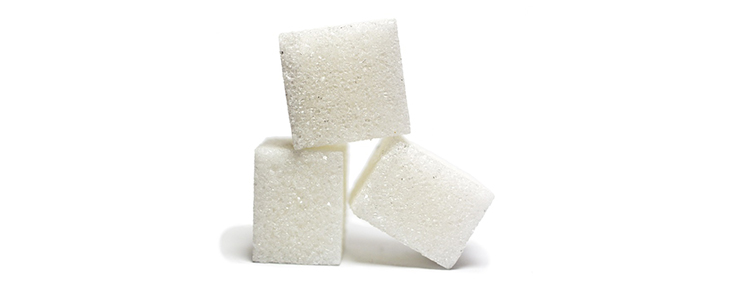Misleading labelling causing parents to give their children snacks with too much sugar
Parents have a tough job trying to ensure that their children get the right amount of each of the food groups. It can be tricky enough managing your own shopping basket, especially if shopping with children in tow. It can also be hard knowing what snacks are being handed out while your children are in the care of others, such as friends, family or professional childcare providers.
According to a recent BBC report, ‘parents are at risk of being misled by “manipulative marketing campaigns” and “crafty messaging” on children’s snacks’. We all know the importance of ensuring we weave in sufficient fruit and vegetables into our diet, and some children’s snacks that claim to contain a portion of fruit or vegetables, do not contain the amount they say they do.
The report’s authors assessed a wide collection of children’s ‘healthy’ snacks, and found a number of issues which means that these snacks could be much worse than parent were expecting for children’s waistline and also for their teeth:
- Many contained less fruit and vegetables compared with what their labels promised
- Unsweetened fruit juice was often misleading – even though sugar had not necessarily been added to these drinks, the process of extracting juice releases natural sugars which can cause tooth decay and gum disease
- Children’s yoghurts could sometimes be misleading – these may not contain pure sugar, but were often sweetened with fruit purees, which contain a lot of natural sugars.
- Snacks labelled as ‘100% fruit’ were often heavily processed, which also releases a lot of the natural sugars. These snacks tend to be sticky as well, which means they can stick to teeth in hard to reach areas in the mouth and can cause prolonged exposure to sugars which can damage teeth and gums.
Report such as this reiterates how challenging it is for parents to ensure they are giving their children snacks that aren’t going to cause problems for their mouths. The report went on to explain: ‘Some people will see processed fruits as a healthy alternative snack but the sugars in highly processed fruit and fruit juice are already broken down and so can be absorbed by the body more quickly. This means children may become hungrier more quickly and these free sugars also contribute to tooth damage and tooth decay.’
Here at CK Dental, in our family dentistry work we recognise these challenges, and believe parents can help mitigate by encouraging children to brush their teeth regularly, at least twice daily, and also by choosing drinks such as water, over fruit juices and other flavoured drinks which contain a much higher sugar content. If possible, encouraging children to eat three meals per day at set meal times, rather than grazing and snacking, is helpful. Snacking increases exposure to harmful sugars.
Committing to regular dental check-ups is also an essential part of maintaining good oral health for a lifetime. Call 0117 905 9866 to find out more about our family dentistry options.











